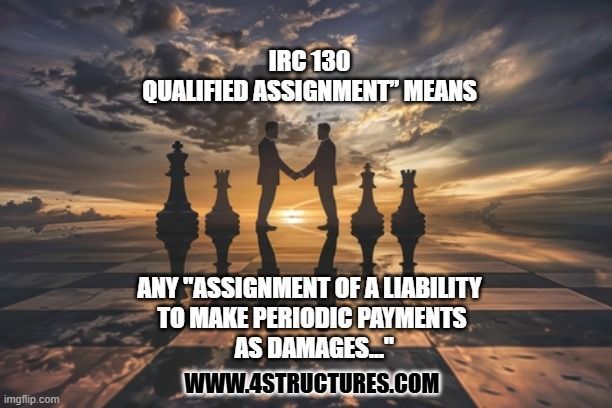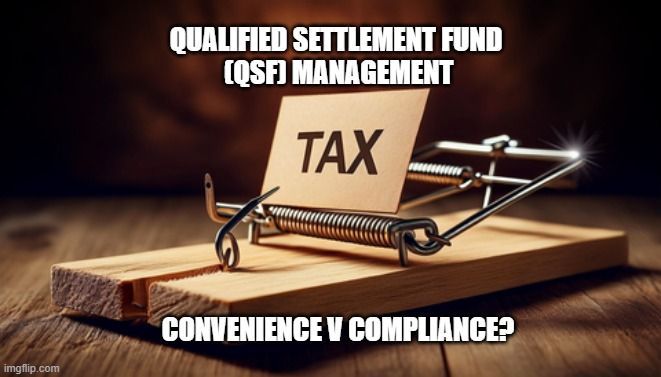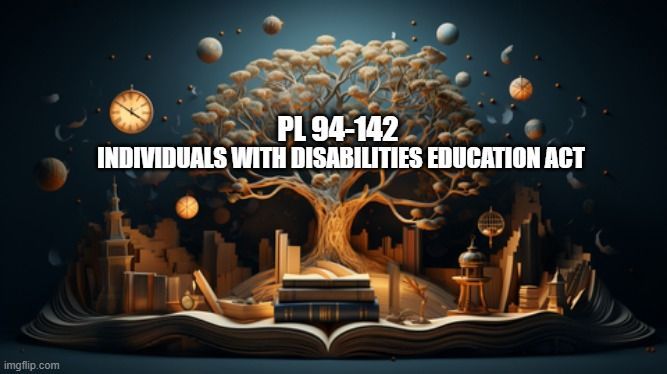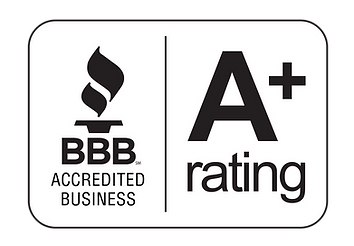Attorney Fee Deferrals Help Plaintiffs After Tax Reform
A Great Taxable Damages Recovery May Look Like Bubkis Unless You Do This
Examples of settlements facing tax on 100% (i.e. include recoveries for attorney fees):
- Invasion of privacy or defamation;
- Bad investment advice, unless you can capitalize your legal fees;
- From an ex-spouse for claims or damage related to your divorce or children;
- From a neighbor for trespassing, encroachment, etc;
- For sexual harassment, if there is a non disclosure agreement
; IRC 162(q)
- From anyone for intentional infliction of emotional distress;
- From your insurance company for bad faith;
- From your tax adviser for bad tax advice;
- From your lawyer for legal malpractice; or
- From a truck driver who injures you if you recover punitive damages. [ Source: Wood LLP Tax Alert]
The new tax law eliminated itemized deductions
and deductions for investment expenses.
Above the line deduction for certain types of employment and whistleblower claims
For employment and some whistle blower claims, the above the line deduction remains in the new law, so those claimants and plaintiffs will pay tax only on their net recoveries.
Fall out from High Profile Sexual Harassment Scandals, Adds a Big But...
Plaintiffs in employment claims that involve sexual harassment
face new tax problems.,must now contend with a new law that denies tax deductions for legal fees
and settlement payments in sexual harassment or abuse cases, if there
is a nondisclosure agreement
.
Virtually all settlement agreements
include confidentiality or nondisclosure provisions. Even legal fees
paid by the plaintiff
in a confidential sexual harassment settlement are evidently covered thanks to the colloquial term of the moment, the "Harvey Weinstein tax"
So to be clear, an above the line deduction is best. A below the line (subject to Schedule A miscellaneous itemized deductible rules) deduction was more limited because only amounts exceeding a threshold percentage were deductible. But now there is no below the line deduction for attorney fees.In 2005, the U.S. Supreme Court held that plaintiffs must generally recognize gross income equal to 100% of their recoveries. even if their lawyers take a share. See Commissioner v. Banks , 543 U.S. 426 (2005). Issuing separate checks to the attorney and the plaintiff doe snot appear to cure the problem. IRS Form 1099 regulations generally require defendants to issue a Form 1099 to the plaintiff for the full settlement, even if part of the money is paid to the plaintiff’s lawyer.
In a March 12, 2018 blog post, San Francisco attorney Robert W. Wood , whose practice focuses on taxes and litigation, opines that "one possible way of deducting legal fees could be a business expense if the plaintiff is in business, and the lawsuit relates to it. Some may claim that the lawsuit itself is a business, but in the past, that tax argument usually failed. There will also be new efforts to explore potential exceptions to the Supreme Court’s 2005 holding in Banks. The Supreme Court laid down the general rule that plaintiffs have gross income on contingent legal fees. But general rules have exceptions, and the Court alluded to some in which this general 100% gross income rule might not apply. For example, court awarded fees, statutory fees, or a partnership between lawyer and client divide the proceeds are all worth discussing says Wood.
Get Settlement Planning and Tax Advice Early | Prepare your Client Before Case Settles
It's always a good idea for lawyers to bring in a settlement planner with transition experience early, before a case settles, in order to prepare their client to make decisions. But now getting the tax advice early--before the case settles and the settlement agreement is signed--are going to be essential to avoid an unpleasant surprise. How many plaintiffs receiving a $100,000 recovery will accept the fairness of paying taxes on the whole settlement when the att9orney fees represent at least one third of that amount.
How Attorney Fee Deferrals May Help Plaintiffs in Taxable Damages Cases Affected by the Tax Cut and Jobs Act
Structured settlements are already a helpful tax deferral solution in taxable damages settlements of all types, not just the ones affected by the Tax Cut and Jobs Act. Read more about non qualified structured settlements.
Contingent fee
lawyers may need to try to help plaintiffs where they can on taxable damages cases. Plaintiffs paying
taxes on their gross recoveries--even on the amount earned by contingent
fee lawyers--is a new tax problem plaintiffs will need time to try to
plan around
. If the attorney fees are paid over time and the plaintiff structures their settlement over time, it may help mitigate the tax bite. Read more about attorney fee deferrals and structured attorney fees.
















